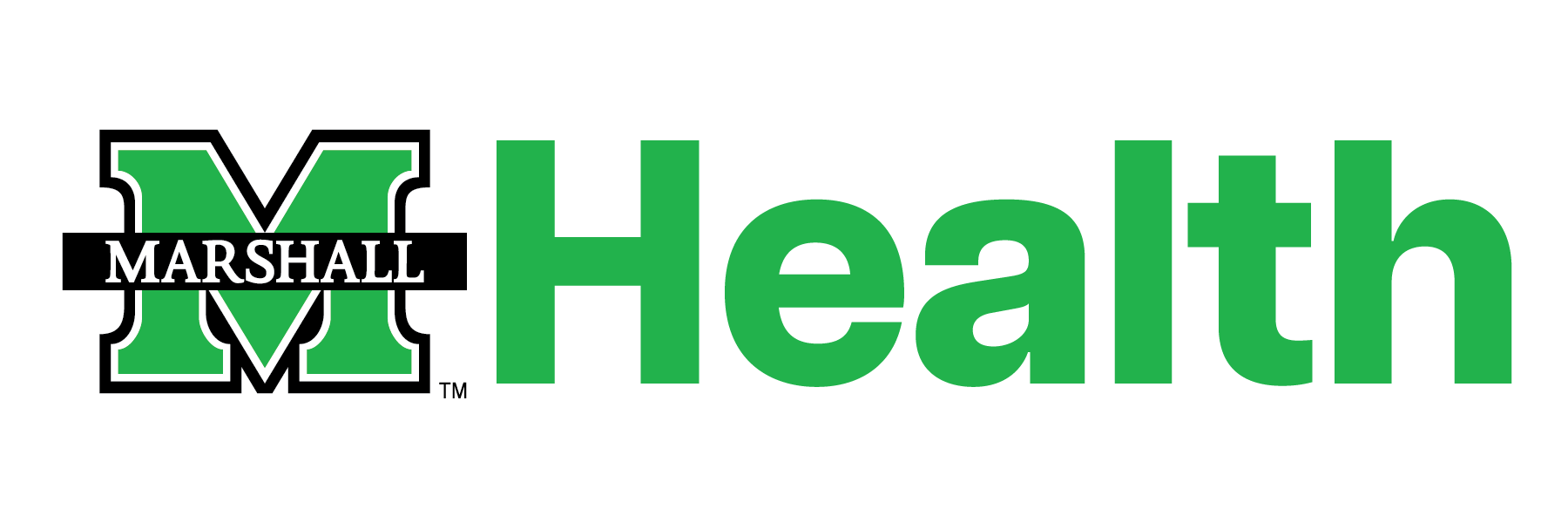
Fast Facts
[INSERT CHART OR GRAPHIC THAT SHOWCASES FACTS]
- Research has shown that long-term substance use results in significant changes in brain function that persist long after the individual stops using substances.
- Substance use disorder is a chronic medical illness, much like type 2 diabetes mellitus and hypertension, that can be treated.
- When substance use disorder is treated as the long-term, chronic illness it really is, success rates are comparable to those associated with treating other chronic health problems, such as hypertension, diabetes and asthma.
- Family members and friends of individuals with substance use disorder need ongoing support programs and services to help them cope, understand and deal with the recovery process, and support their loved one’s efforts to get well.
- Occasional relapses during recovery are to be expected and are not indications of failure.
- Treatment for substance use disorders cuts substance use in half, reduces criminal activity up to 80%, increases employment, decreases homelessness, improves physical and mental health, reduces medical costs and reduces risky sexual behaviors.
- According to several conservative estimates, every $1 invested in treatment programs yields a return of between $4 and $7 in reduced crime, criminal justice costs, and theft. When savings related to health care are included, total savings can exceed costs by a ratio of 12 to 1.
- The cost of untreated drug and alcohol addiction in the U.S. in a given year is estimated at $276 billion in lost productivity, law enforcement, health care, justice, welfare, and other programs and services. That’s an annual cost of $1,050 for every man, woman, and child in America. In contrast, it would cost about $45 per year per each American to provide the full continuum of services needed to effectively treat substance use disorders.
- Treatments should include behavioral therapy, cognitive therapy or psychotherapy, or any combination thereof and may include medications.
- Community-based recovery groups can complement and extend the effects of professional treatment by supporting individuals throughout the recovery process.
- Family and friends can play critical roles in motivating individuals with substance use disorder to enter treatment, stay in it and maintain sobriety.
Sources:
CONNECT WITH US
healthyconnectionswv@marshall.edu
[INSERT RELEVANT SOCIAL ICONS]
